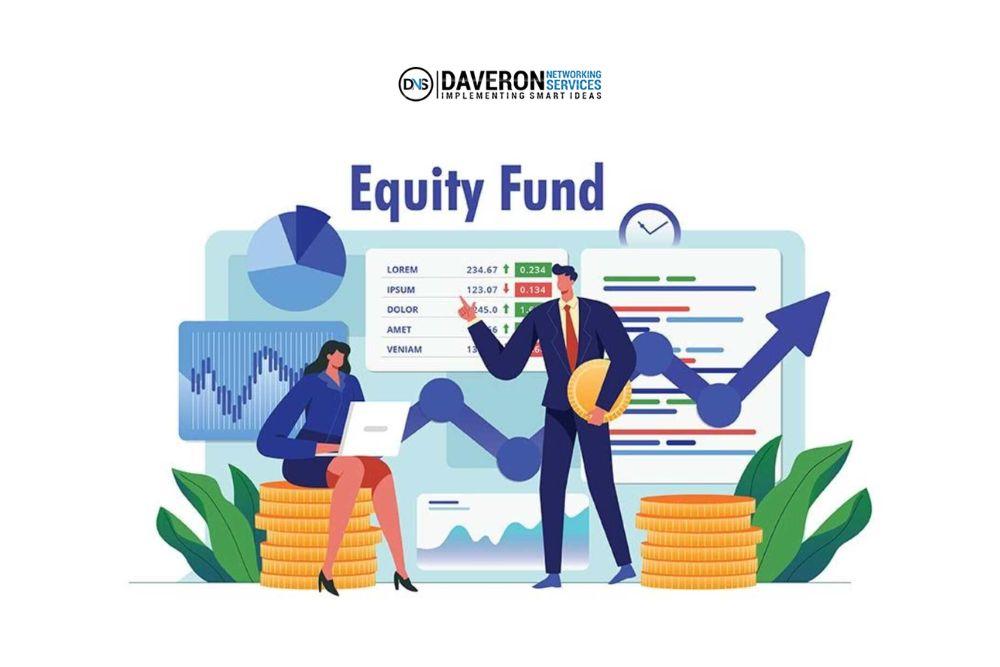Having a business of yours means you have also signed up for many issues that come with it. If your business is smooth and you have everything going well for you including resources, then you might not truly understand how it feels to be a business founder without money or any funding program that helps a business go from zero level to apex.
One of the biggest challenges you will face as a starter is how to get the right and secure funding to help your business escalate. Having a structural business size is something you strategize before manifesting and you might need to consider multiple factors to pursue this aspect.
If you are a business owner and you have little or no idea on how to get funding programs for your business, then it would be best if you read further as you will learn about so many things to guide you on your business funding.
What Does Business Funding Mean?
Before you know about funding programs that can help you grow your business, it is pertinent to know what business funding entails. It is the act of supplying resources, commonly through money, to help in managing the needs of an individual or organization.
While many individuals are used to getting funding through risk capitalists, banks, and multiple lending alternatives like microfinancing, there are better options that you might be overlooking, that can give you peace of mind.
Currently, there are several ways you can get money to fund your business and they may not be a new business development process, but they can be helpful. They include banks, venture capitalists firms, Angel investors, peer-to-peer lending, crowdfunding, etc.
Which Funding Programs Are Available to Fund Your Business?
1. Angel Investors
Angel investors have helped so many businesses to grow from scratch, and these businesses would likely still struggle if the investors never intervened. Angel investors are individuals with large net worth, typically high-ranking entrepreneurs, who supply small-scale businesses with money to trade business equity.
Therefore, if you are getting any monetary support from an angel investor to grow your business, you need to have something that you are willing to exchange. Depending on your contract, you will get to know if you are trading an asset for a short period or a longer term.
2. Crowdfunding
Crowdfunding is a kind of small funding for a crowd or group of individuals in a business, to finance their business, products, and project. In the past ten years, this funding program has been efficient and boosted popular funding structures like Indiegogo, Kickstarter, and Crowdfunder. Several kinds of crowdfunding models exist, including donation-based, rewards-based, and equity-based.
3. Venture Capitalist Firms
They are a financial firm that provides money for startups, entrepreneurs, and small businesses, in exchange for other assets. They are similar to angel investing because they always ask for something in exchange for their worth. The problem with this funding platform is that you might lose your asset at the cost of getting big funds that are difficult to pay back.
4. Banks
Banks are very common funding platforms and many businesses use them to get funds for their business. Many business founders, especially the ones with good business credit, can boldly ask for funding from a bank and pay them gradually with an added interest fee.
What Are the Types of Financing?
There are three categories of findings including non-dilutive, equity, and debt. Here is more about these financing types:
1. Equity Funding
Equity funding is the type that permits you to sell your business asset up to a percentage while getting enough money to grow your business from an established firm or investor. Some common equity funding sources include Small Business Investment Companies and Initial Public Offering.
Advantages
- 1. You might not need to repay a loan
- 2. You have a chance to learn new things from financial partners.
Disadvantages
- 1. You will share the profits you make
- 2. You are likely going to lose your business control
- 3. Risk of getting into conflict with partners
2. Debt Funding
Debt funding involves taking debts to generate capital for business. With this type of financing, you put yourself up for making interest payments on a loan up to a specific time through options including term loans, business credit cards, and recurring credit methods.
Advantages
- 1. You have a chance to build your credit
- 2. You might not give up business owner and don’t have to give up any ownership
- 3. Most expenses are reduced from tasks, especially if they are principal and interest rates.
Disadvantages
- 1. The rate of interest might be too high
- 2. You must return funds even if the business ended badly.
- 3. The financial platform lending you money might demand assets that will cost you, in exchange for business funding.
3. Non-dilutive Funding
Non-dilutive funding does not require giving up ownership and equity in a startup in a quest to get money to grow a business. Instead, this lending category allows business donations to make a profit from their first financing round. There are different types of non-dilutive financing, and they include; grants, tax credit programs, money-sharing processes, as well as friends and family.
Advantages
- 1. You can have better control of your business. You don’t need to prove a credit history
- 2. You will have a better repayment option and efficiency.
Disadvantages
- 1. The Initial amount is often low, which means you might lose interest as you still need more funding.
- 2. It might not seem easy to protect a lender as there is no law to support them.
How Do You Access Fast Funding?
1. Use Your Business Account to Apply Online
You can get started by connecting your relevant business account to a funding program platform. From there, your information will get through to them. State your funding requires if you must, and wait for them to provide financing and offer options to help your business grow.
2. Contact an Investment Analyst
Ensure that you get in contact with a trustworthy business analyst who can guide you through your funding problems by answering your questions, scheduling meetings to help you meet top people that could help you, and even those who also got funding through their lending platform.
Conclusion
Once you know the right steps to get funding for your business, and you find a new business development process to solve it, it reduces your business growth struggles. But, you must always opt for easy and less demanding platforms when seeking any funding program. All you need is a good amount to secure your growth capital and take your business to where it should be.






